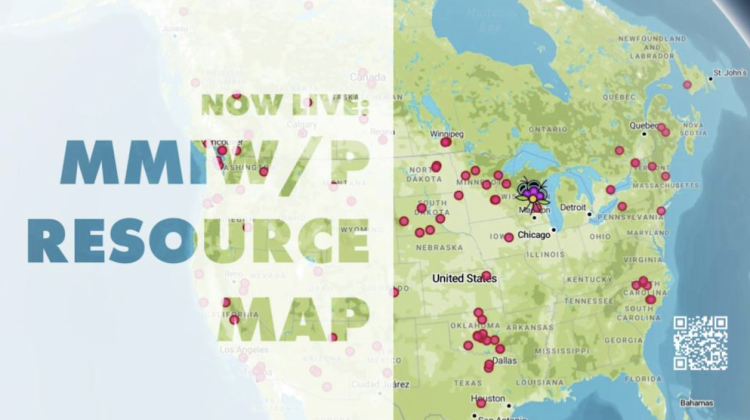Co-Designing Digital Tools to Support Justice for Indigenous Women, Girls, and Two-Spirit People

This project unfolds against the backdrop of systemic drivers of Missing and Murdered Indigenous Women and People (MMIW/P), as well as the solutions-oriented frameworks posed by Indigenous scholars. It is a collaboration between the Data + Feminism Lab (D+F Lab) and the Waking Women Healing Institute (WWHI)––an Indigenous women-led organization that centers learning and healing to address and prevent the MMIW/P crisis and acts of sexual violence against Indigenous women, girls, and two-spirit in the Great Lakes Area of WI, MN, MI, and Chicago. The aim is to co-design digital tools for MMIW/P activists.
The crisis of MMIW/P has a long history, and is currently perpetuated through multiple systemic factors––including ongoing settler colonialism and dispossession of Indigenous lands; persistent mistrust and lack of mutual understanding between Indigenous communities and local law enforcement; insufficient political will and dedicated government resources. Drawing from Indigenous and decolonial feminist epistemologies, this project starts from the premises that (1) Settler colonialism is a root cause of this issue––particularly through legal constraints on Indigenous rights, intergenerational disruption of Indigenous families, the imposition of European patriarchal norms on Indigenous men, women and two-spirit people, the uneven distribution of political-economic assets central to local community control, and the persistence of racist anti-Indigenous tropes. These actively perpetuate Indigenous erasure and dispossession today; (2) Women, girls, queer, two-spirit, and nonbinary Indigenous communities are disproportionately harmed by the legal, institutional, and sociocultural operations of ongoing settler-colonialism; and (3) Following the foundational scholarship of Māori whaea (elder) Linda Tuhiwai Smith, participatory methods centering trust with and accountability to Indigenous communities are core to illuminating and redressing the ongoing harms of colonialism.
Currently, the project has two action areas:
- MMIW/P Resource Map. This map highlights agencies, non-profits, grassroots, and other organizations that provide direct services to families of MMIW/P and survivors of violence across the United States, Canada, and Mexico. It aims to facilitate communication between grassroots, family-centered organizations and improve access to their services while creating a more extensive network of support.
- MMIW/P Case Documentation Database. Our team conducted a database evaluation to understand what WWHI's needs and priorities are for MMIW/P case documentation. To this end, we assessed four popular database software packages and workshopped their features with WWHI staff and community members. We will continue to develop possibilities for action through the Fall 2023 course Crowd Sourced City: Data Activism Edition.


